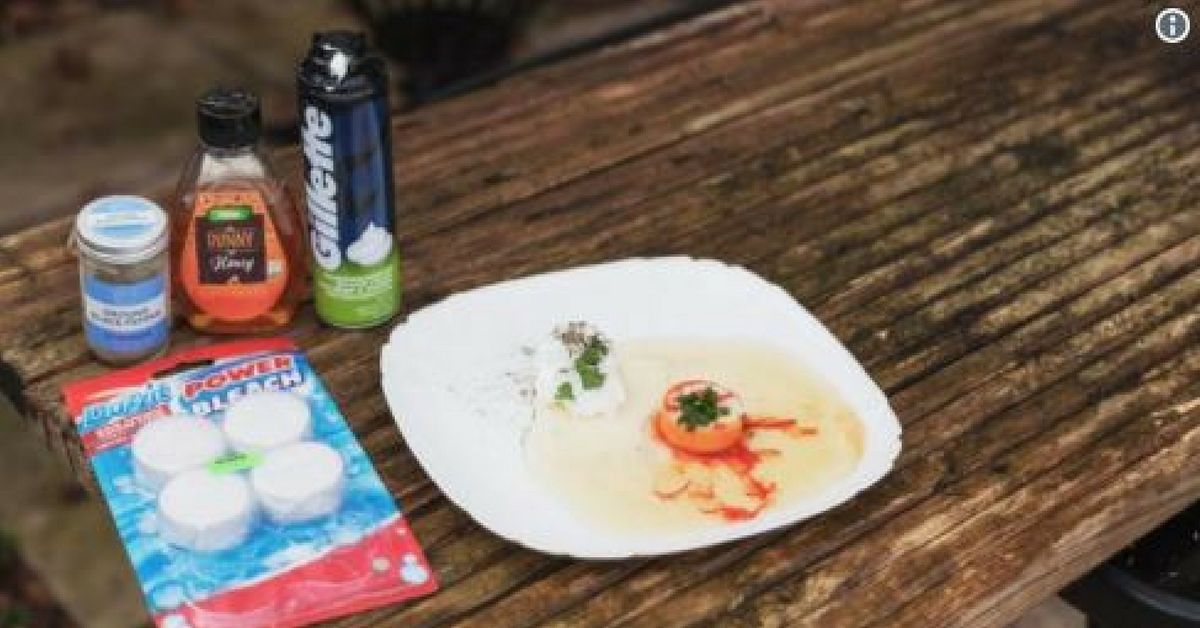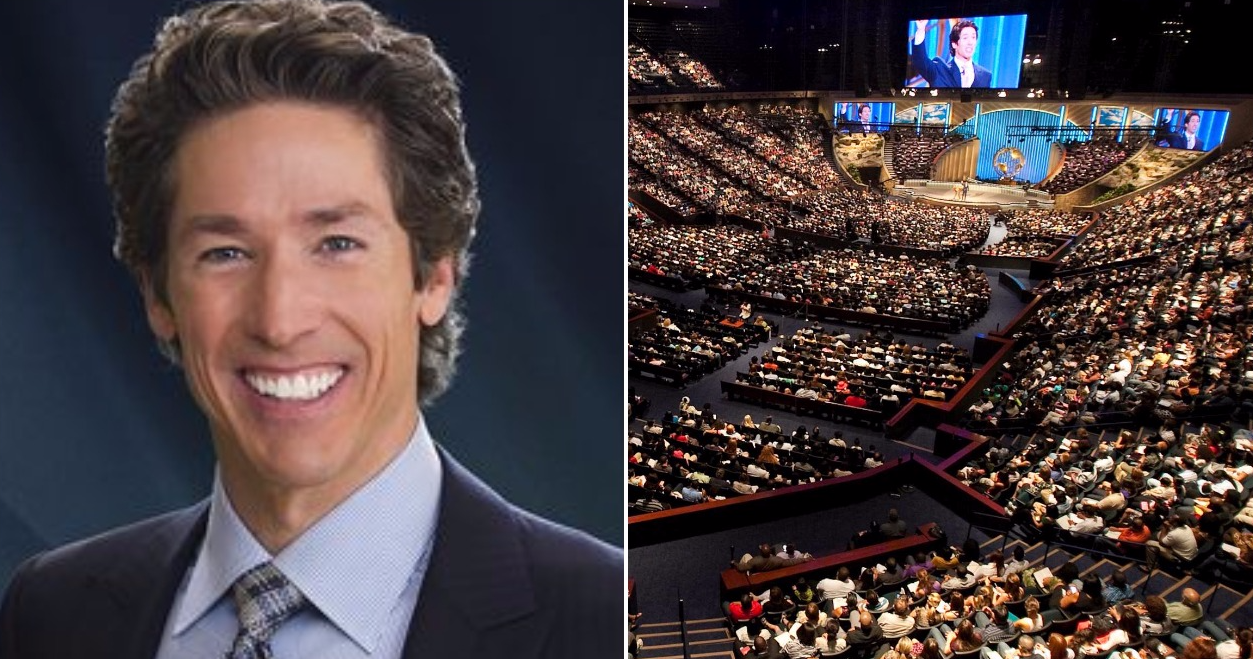Everybody has a different way of finding restaurants they like. Some people will ask friends or coworkers where they like to eat, others will just note down interesting places they see while out and about, and others still just find one place they like and stick to that one unflinchingly (not that there's anything wrong with that).
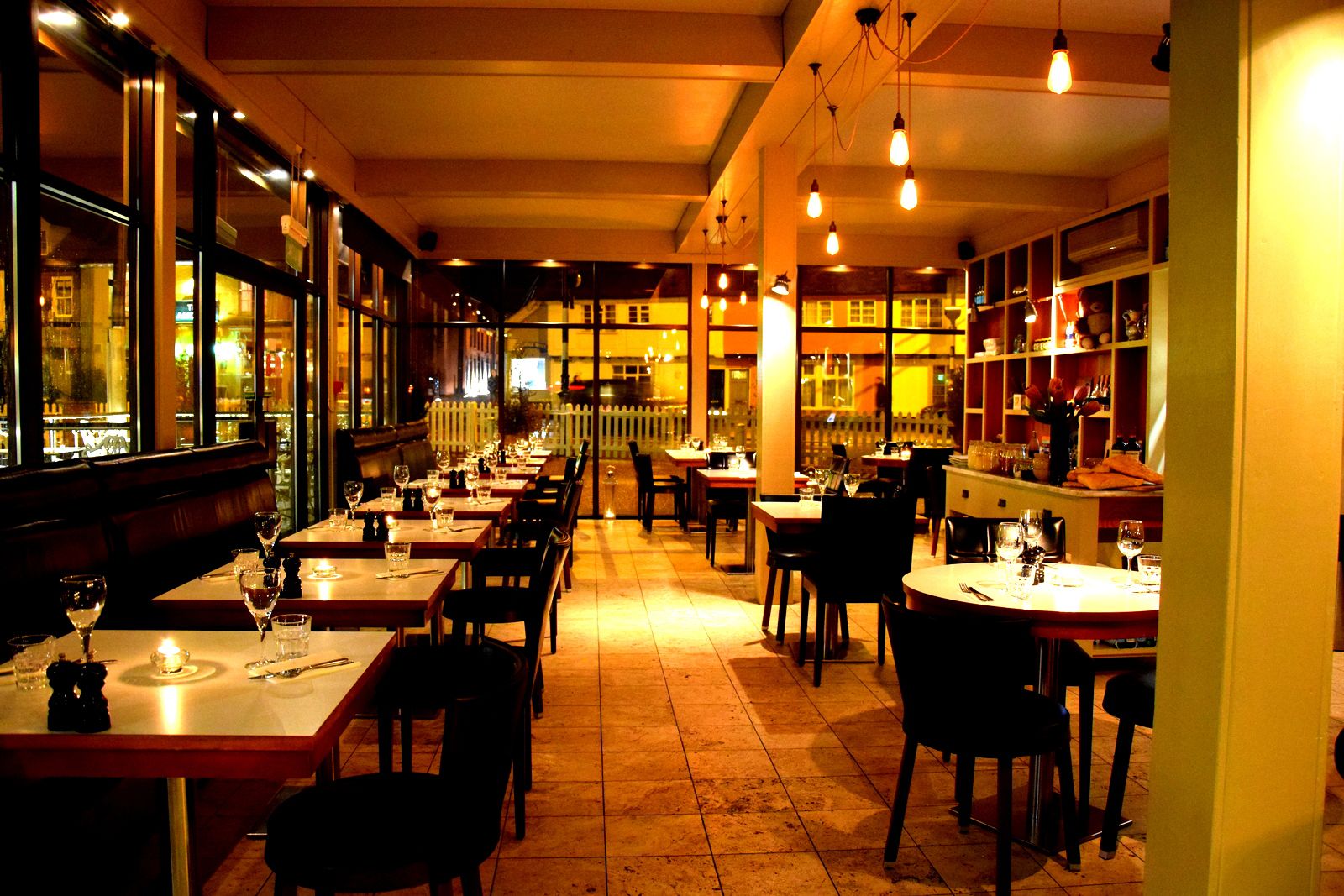
Most of all, nowadays people rely more than ever on the internet to dictate what they decide to go for when it's time to grab a bite. The internet is an absolute wealth of information on the subject, as most restaurants tend to have a website that will have information and pictures about the place, a menu you can browse in the comfort of your own home, and usually a way to even book your table through the site! Not only that, but there are plenty of sites like TripAdvisor, Yelp, Zomato and others, which allow people to share their experiences from a restaurant, theoretically highlighting the good places while warning people about the bad ones.

However, what some people don't realize is that these sites are very easy to skew in a particular direction when it comes to reviews. People in general are far more likely to leave a negative review than a positive one, and the sites themselves can be targeted by anyone with a narrative about a place to push. Don't believe me? Believe the man who got his garden shed to be the highest-rated restaurant in London...
According to The Telegraph:
"Oobah Butler, a writer for Vice, transformed his garden shed into a fake restaurant, by making a website and enlisting a photographer to take photographs of the 'food' - close-ups of shaving foam, bleach and at one point, the author's foot- that 'The Shed' apparently served.
The website boasts: 'An appointment-only restaurant located in South London, The Shed has been operating privately for years. In 2017, it decided to open its doors. As of November that year, it was TripAdvisor's top-rated restaurant in London.'"
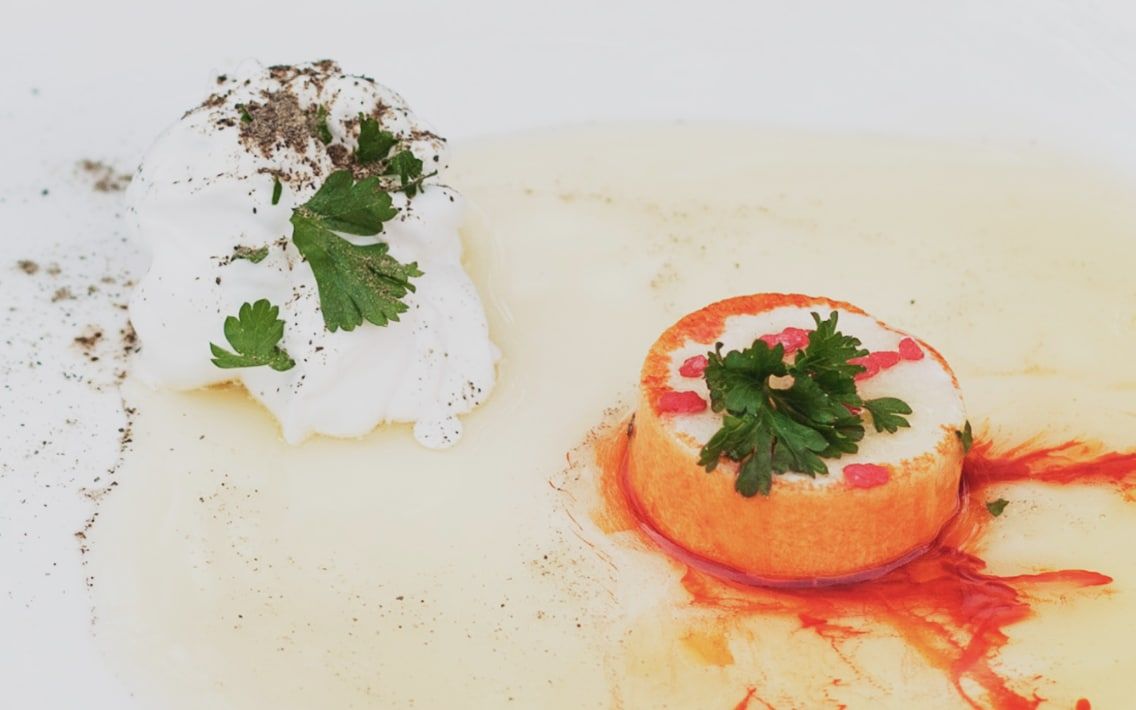
Butler had previously worked for TripAdvisor in a capacity that some people might find shocking. He wrote fake reviews of restaurants for $14 a post, in order to boost the ratings of restaurants that paid for the service. That's right, the site literally would accept money to get better, fake reviews for restaurants.
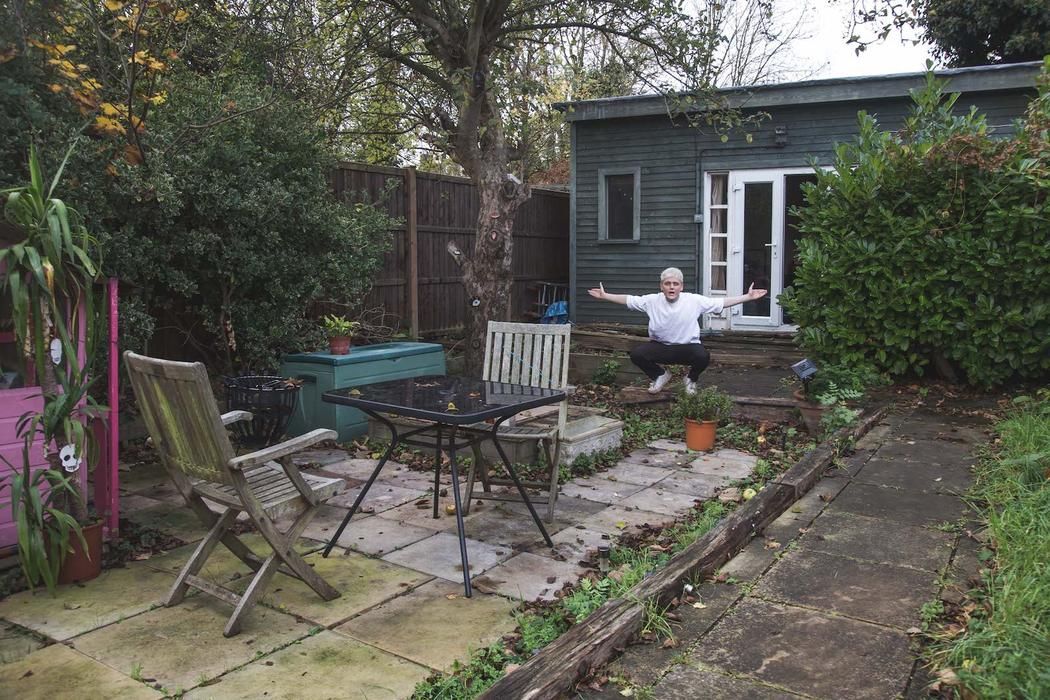
As The Telegraph's article details:
"Mr Butler convinced TripAdvisor - and hundreds of potential customers - that his shed in Dulwich, south London, was a real restaurant by buying a cheap mobile phone, registering that number as the restaurant's and refusing to give an address, because the 'restaurant' was appointment-only.
Over the next few months, the fake gourmet spot managed to climb the rankings, thanks to Mr Butler and his friends who kept leaving positive reviews."
Even social media accounts began to take notice:
hope you guys absolutely love it, because @jayrayner1 hated it when I tried to invite him to our launch pic.twitter.com/pxZeBc76Hz
— Oobah Butler (@Oobahs) December 6, 2017
"After he managed to make his restaurant number 1, the journalist held an opening party, at which he served guests microwave meals from a discount supermarket, dressed-up to look like they could be haute cuisine," says The Telegraph.
.@Oobahs made his shed London's top-rated restaurant on TripAdvisor, in part with pics of fake food made out of bleach and shaving foam: https://t.co/gLXBlxX08L @VICEUK pic.twitter.com/0lLCsWfAn4
— Jamie Clifton (@jamie_clifton) December 6, 2017
A friendly reminder to not believe everything you read on the internet.
